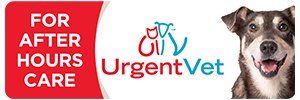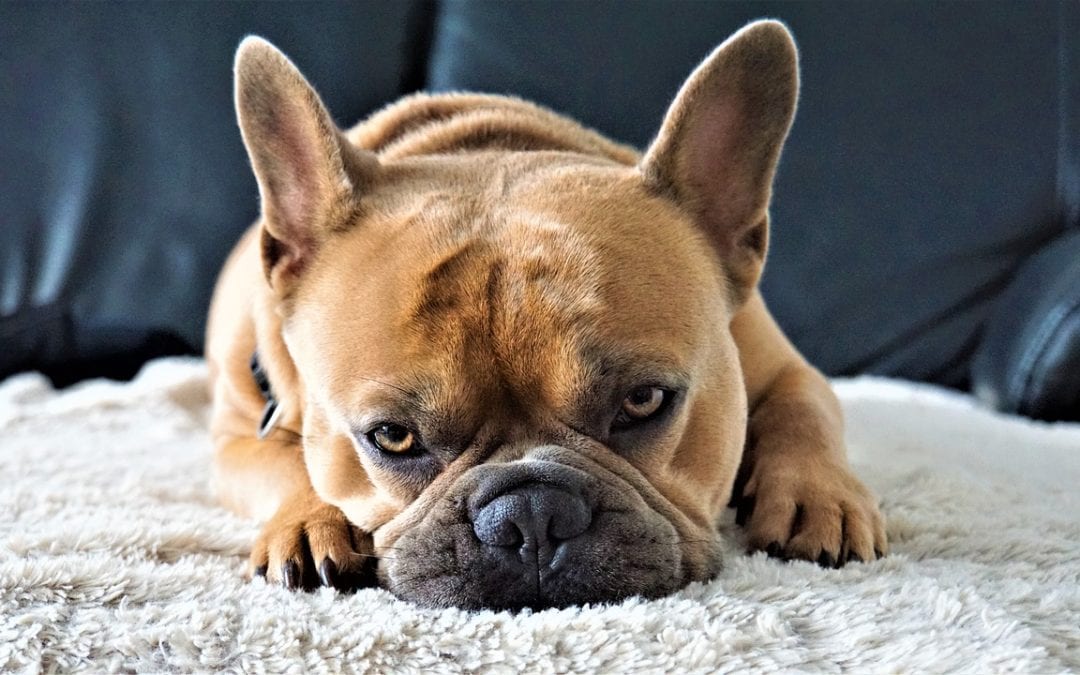Did you know that over 50% of dogs and cats in the U.S. are overweight or obese? That’s a crazy number! This is in part due to about 1 in 4 pet owners not recognizing what a normal weight is. The Animal Hospital of Peak Plaza team is here to help keep your pets on the right track. Overweight and obese pets are at increased risk of developing cardiovascular disease, diabetes, cancer, orthopedic disease, and more. Here are three ways to keep your pet at a healthy weight:
Feed appropriately — Your pet’s food should be labeled for her species, and it should be tailored to her needs regarding age, activity level, and health status. If you have a puppy, she’ll benefit from a higher-calorie puppy food. If you have a senior cat with early stage kidney disease, you should choose a food formulated for cats with kidney disease and feed her the appropriate daily amount based on her activity level.
Also, be sure to limit your pet’s treats, and do not feed table scraps. Treats should never account for more than 10 percent of your pet’s recommended daily caloric consumption.
Food aisles at pet stores can be overwhelming. Ask us for help choosing a food that would be appropriate for your pet.
Talk about weight with your veterinarian — No one likes to talk about weight, and even health care providers will often skip over the topic in an effort to avoid offending someone. But, it’s an important discussion to have. Don’t be afraid to ask, “Is my pet overweight?” Our team will determine your pet’s body condition score (BCS) and exactly how much weight she should lose.
Provide opportunities for activity — Every good weight loss or maintenance plan includes exercise. Get active with your pet: Increase walking frequency or length with your dog. Encourage your cat to chase a laser pointer or remote-controlled toy. These activities will also help to strengthen the bond you share with your furry pal.
Think your pet needs to lose weight? Contact us so we can create a weight loss plan tailored to her needs.




